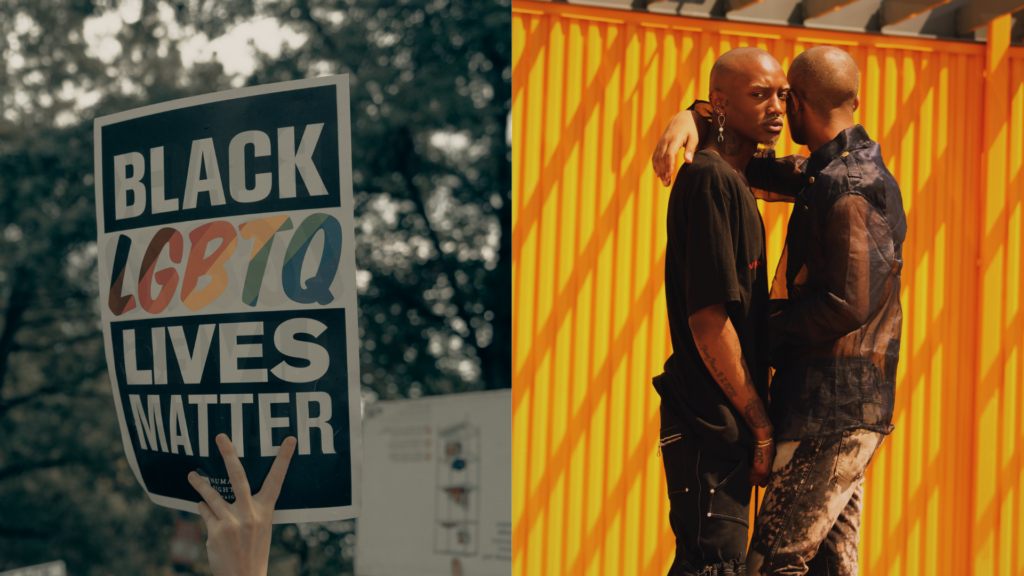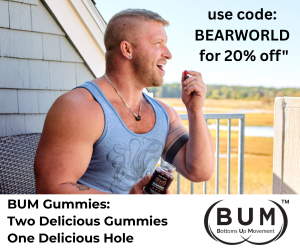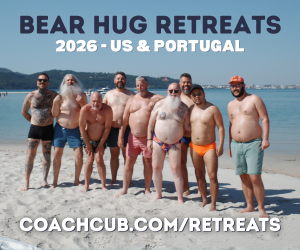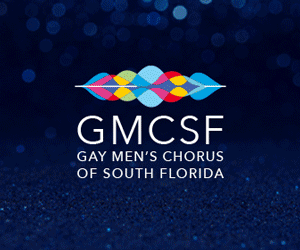
OPINION: Homophobia in the Black community reinforces systemic oppression
When watching the trailer for the upcoming film The Obituary of Tunde Johnson, a film about a Black, gay teenager being shot by the police, the lead character says: “I’m Black and gay. And even those two hate each other.” Anyone who has grown up Black and gay knows the power of that statement.
Being Black and gay is sometimes like being caught between two opposing worlds. Many in the Black community see you as a disgrace or “less of a man”, while White gays still think it’s ok to say things like “Show me that BBC” or “He’s pretty hot for a Black guy.”
The stress of being Black and gay is not only difficult to tolerate, but it also causes a significant amount of mental and physical health concerns for Black men. According to WYDaily, a 2016 study from the AIDS and Behavior journal found that Black gay men disproportionately experience homonegativity as compared to their White counterparts, resulting in greater rates of depression and social isolation.
To understand the cause of this, we need to go back and look at the history of it all. For centuries, Black people have had to deal with systemic racism and bigotry in America and throughout the world. The fight for justice has been hard and ongoing, but the Black community has remained resilient in the face of injustice and hatred.
For this reason, it has been often difficult for Black queer people to understand why so much hatred is shown toward us, since we, as Black people, also know what it’s like to be despised and treated as a pariah in society. This is not to say that homophobia doesn’t happen in White communities or in any other ethnic groups, but homophobia in the Black community seems especially problematic. Why would we want to inflict the same type of discrimination onto others that we’ve been fighting so hard against for centuries?
Despite the advancements that have been made toward equality, homophobia is still very prevalent in Black communities. I always tell people that I was called the f-word years before I was called the n-word, and it always shocks them at first.
The neighborhood I grew up in in New Orleans, Louisiana was predominately Black — there weren’t many White people around at all. I never heard the n-word spoken by a White person, except maybe when Roots or a Civil Rights Movement period piece was being broadcast on television. In fact, I was never called the n-word by a White person until I was 21 years old and living in Maryland.
However, I was called the f-word numerous times, usually by other children who heard the word used in their families and neighborhoods. I heard the f-word thrown around more times than I could probably count, both by strangers and those close to me. But, why is there so much homophobia in the Black community? Why do we have to scream and cry to make those in our own community aware that ALL Black lives matter, including queer ones?
There are many possible answers to this question, but the most obvious one seems to be religion. European Christianity was heavily forced on Africans during slavery. The Bible was used as a tool to enforce obedience amongst slaves, and many of the teachings found in The Bible are anti-queer. This anti-queer rhetoric became part of the Black community’s belief system, which many still uphold today.
This is not only prevalent in America, but also in places such as the Caribbean and Africa, where missionaries have further pushed Christian values as fundamentally superior to other beliefs. Places such as Jamaica and countries in certain parts of Africa remain some of the most hostile, intolerant and dangerous places for LGBTQ people. Most of this hostility can be traced back to religious dogma pushed through colonialism and missionary work.
Another reason for the prevalence of homophobia in the Black community given by many Black scholars has to do with the many psycho-cultural stigmas around sexuality in Black culture. These stigmas are believed to derive from the trauma related to sexual exploitation by Black slaves at the hands of their slave masters.
This exploitation was significant in the development of Black sexual stereotypes, such as the jezebel and the hyper-sexual Black brute. I explored these steretypes a bit in my article on race play, where I also discussed the stereotype of the oversexed Black male with the “Big Black Cock” who is sought after by gay White men attempting to live out their Black man fantasies.
Because of these stereotypes, sexual expression in the Black community, especially for many older generations, was sometimes a very taboo subject. It was usually put away in the “things we don’t talk about” box, and any type of “sinful” queer sexual expression was expected to be even further suppressed.
A third reason for homophobia in he Black community is toxic masculinity. To be fair, toxic masculinity isn’t a problem only in the Black community. However, the way in which Black men are perceived as physically imposing and/or fetishized as hyper-masculine plays into the idea that Black men should be held to higher standards of masculinity by society.
Providing an explanation for the prevalence of homophobia in the Black community isn’t seeking to justify it. However, it provides some insight how it came to be, and why we should be continuously working to fix it. Homophobia in the Black community is a direct result of our oppression, and continuing to uphold homophobic speech, attitudes and ideas in the Black community does nothing but reinforce that oppression. Black queer people should not have to beg to be seen as valid by our own community.












